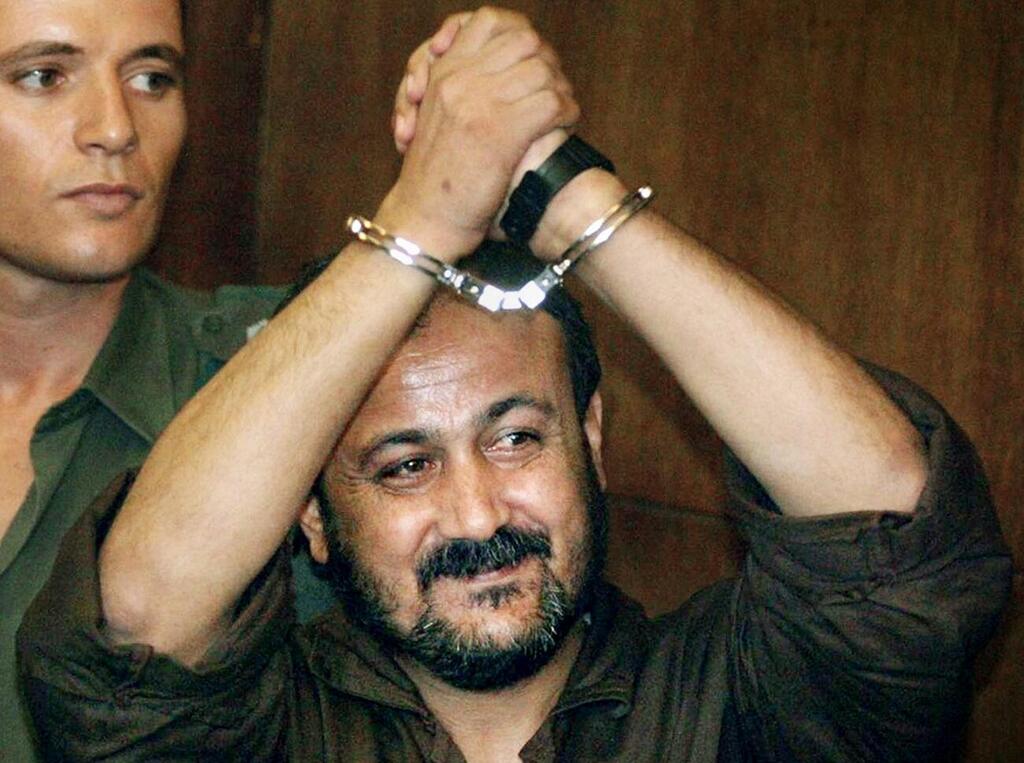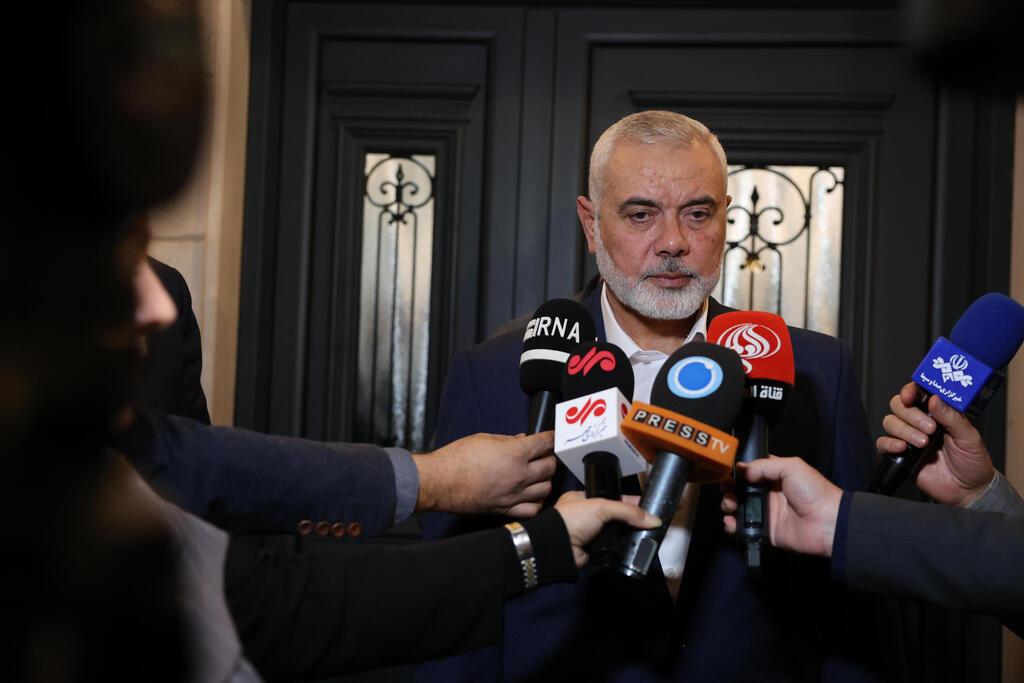Getting your Trinity Audio player ready...
With the ongoing conflict in Gaza serving as a backdrop, the world is increasingly urging the formation of a restructured Palestinian state as part of a broader resolution to the dispute. Many suggest that this comprehensive reform should include the replacement of the Palestinian Authority's elderly leader, Mahmoud Abbas. Indeed, speculation about who might succeed the 88-year-old Chairman has been a topic of discussion for years.
Read more:
Marwan Barghouti, a leading figure in Fatah who is currently serving a life sentence for his role in attacks that resulted in the deaths of five Israelis, has emerged as a strong contender. He garners significant support among the Palestinian populace and is often viewed as a hero, despite being incarcerated for over two decades.
A recent survey lends weight to the notion that Barghouti is well-positioned for a potential victory in future Palestinian Authority elections, which, if held, would be the first since Hamas's parliamentary triumph in 2006. The survey, conducted in both the territories and Gaza, presented a hypothetical election featuring President Abbas, Barghouti, and Hamas leader Ismail Haniyeh as candidates. Barghouti emerged as the frontrunner with around 40% of the projected vote, compared to Haniyeh's 23% and President Abbas's mere 8%.
Even in a direct contest between President Abbas and Haniyeh, the current Chairman of the Palestinian Authority would likely fare poorly, securing only 11% of the vote against Haniyeh's predicted 37%. However, in a head-to-head battle between Haniyeh and Barghouti, the survey suggests Barghouti would triumph with 42% of the vote, versus Haniyeh's 26%.
Support for Barghouti appears to be robust in both the West Bank and the Gaza Strip. The 64-year-old Fatah leader, who was sentenced by an Israeli court to five cumulative life sentences plus 40 years for acts of terror, is revered by many Palestinians.
The survey was carried out in Gaza, but only in zones untouched by the daily conflicts. While Hamas leader Haniyeh couldn't outshine Barghouti in the poll, there was a persistent high level of approval for the organization among the respondents. Hamas was favored by 70% of participants, with the approval rate being 75% in Gaza and 62% in the West Bank. Interestingly, even though satisfaction in the West Bank slid down from 85% three months ago, it has surged in the strip by 10%.
The backdrop to this survey was the escalating tensions between Fatah and Hamas. An unprecedented sharp rebuke from Fatah came in response to Hamas's criticism of the appointment of Mohammad Mustafa as the new Palestinian Prime Minister. The tensions between the two organizations reached a boiling point last week, as Fatah lashed out at Hamas for its decision to initiate a violent confrontation with Israel on October 7.
Fatah's attack was pointed: "Who did Hamas consult within the Palestinian leadership when they decided on the perilous path of October 7, which led to a disaster more brutal and horrific than the Nakba?". The statement leveled accusations at many Hamas leaders for "escaping" overseas, living lavishly in "5-star hotels while being blind to justice", and leaving the Palestinians "defenseless". Fatah further contended that Hamas is heavily reliant on Iran. They challenged, "Does Hamas expect us to appoint a Prime Minister from Iran, or does it expect Tehran to make that appointment for us?"




